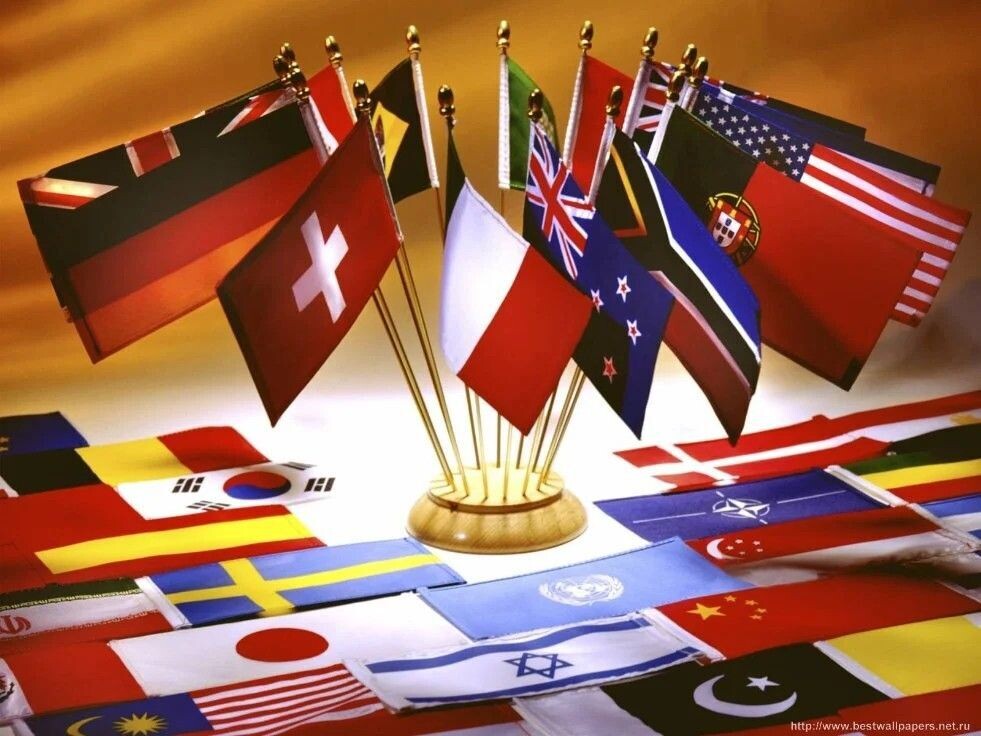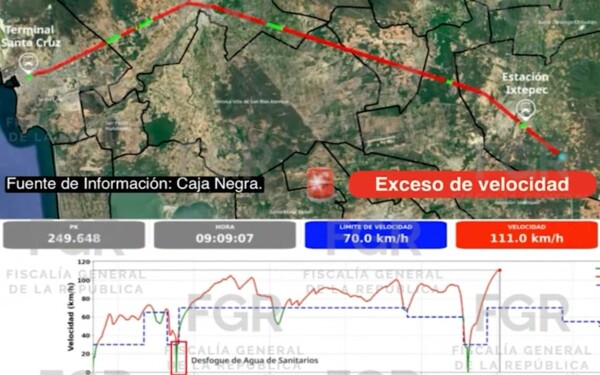
Donald Trump's foreign policy has been characterized by a force-based and power-driven approach, with the idea that the United States must dominate its strategic environment, reclaiming spheres of interest from the 19th century. This vision is summarized in the phrase 'the strong do what they can and the weak suffer what they must,' from Thucydides. Trump has shown interest in imposing tariffs, threatening to take the Panama Canal, absorbing Canada, and acquiring Greenland, reflecting his belief in the strategic dominance of the United States.
The world is experiencing a shift towards multipolarity, which poses challenges to the old Western hegemony. The 'Trump Doctrine' is characterized by an unorthodox and opportunistic approach, seeking to establish peace and prosperity according to U.S. interests. Despite the uncertainty over whether this policy is regressive or disruptive, Trump has made it clear that he prioritizes national interests and is willing to initiate trade wars without distinguishing between allies and adversaries.
The Trump administration appears more united and aligned in its second phase, suggesting a more consistent approach with the president's ideas. Although Trump's unpredictability has been a topic of discussion, his focus on issues such as trade, alliances, and defense remains constant. Trump seeks a world order based on the sum of individual countries' interests, rather than a pursuit of common interest.
Internationally, Trump's actions on issues such as tariffs toward China and Europe, as well as his transactional approach, could have an immediate impact on the global stage. The rejection of a U.S.-led rules-based international order reflects a paradigm shift towards a multipolar world, with the potential to trigger structures established since World War II.
The rise of emerging economies and the defense of the 'post-war global order' pose challenges to traditional Western hegemony, as Marco Rubio points out. In this context, Trump's foreign policy is perceived as an attempt to maintain the strategic dominance of the United States in an ever-evolving global landscape.














